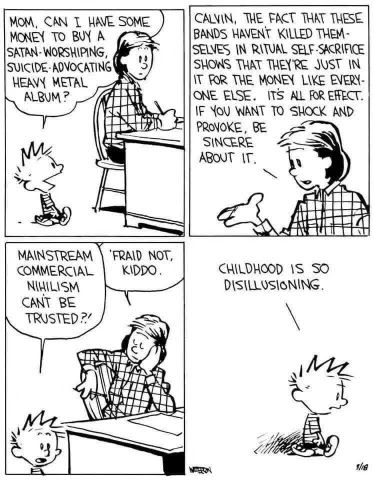Several years ago I used to occasionally post about the Great Revealing - The fact slowly, slowly, the motivations of certain individuals, groups, movements, enterprises, etc. were becoming more transparent to an always connected world. That smart phones and the internet in combination, leading to always connected, always on, was causing a Great Revealing of truths which had previously been hidden. That plausible deniability was slowly eroding.
For whatever reason, I haven't posted on the Great Revealing recently but the October 7th invasion of Israel by Hamas seems like a good occasion to catch up. There has been an awful lot of revealing lately.
You are a supporter of genocide if you support Hamas.
You are an anti-Semite if you support anti-Zionism.
You are a supporter of explicit racism if you support DEI goals.
You support censorship and reject freedom of speech if you support efforts to control misinformation and disinformation.
You are a supporter of totalitarian state control if you are a supporter of ESG.
The fig leaf excuses behind each of these movements (Hamas, anti-Zionism, DEI, control of speech, and ESG) have been become untenable and the reality transparent. There are an awful lot of people, especially in the NGO sector, in Academia, and in the Mainstream Media who are quite obviously anti-Semitic supporters of genocide, racism, and authoritarian suppressers of human rights (freedom of speech.)
Not always all five evils, but it is both chilling and astonishing the degree which the support of one evil is correlated with support for the others.
Most fundamentally, you cannot support anyone one of these evils and also be a Classical Liberal.
You cannot be a supporter of Hamas, anti-Zionism, DEI, Censorship, and/or ESG and also be a Classical Liberal supporter of Natural Human Rights (freedom of speech, freedom of the press, freedom of religion, freedom of assembly, etc.), individualism, property rights, rule of law, equality before the law, due process, trial by jury, consent of the governed, logic, reason, empiricism, and the Scientific Method.
Almost tautologically, support for Hamas, anti-Zionism, DEI, Censorship and ESG is a rejection of modernism, prosperity, and progress. They are the last spasms of the ancient evils of tribalism, authoritarianism, totalitarianism, emotionalism, and envy.
In an epistemic environment where all of us are overwhelmed by too many voices, too many information, too much noise and not enough signals, these three signifiers; Hamas, anti-Zionism, DEI, Censorship and ESG, are a good way to winnow out cognitive pollution and allow a focus on value-adding thought and evidence.

















